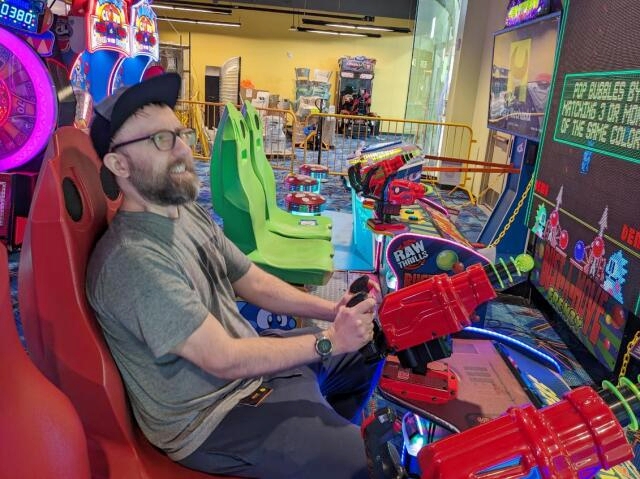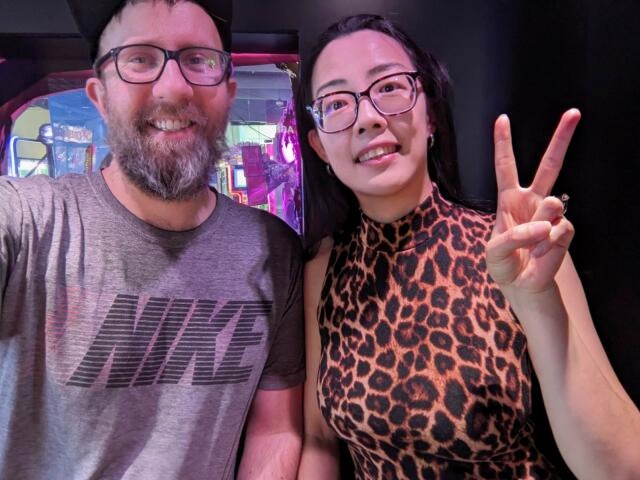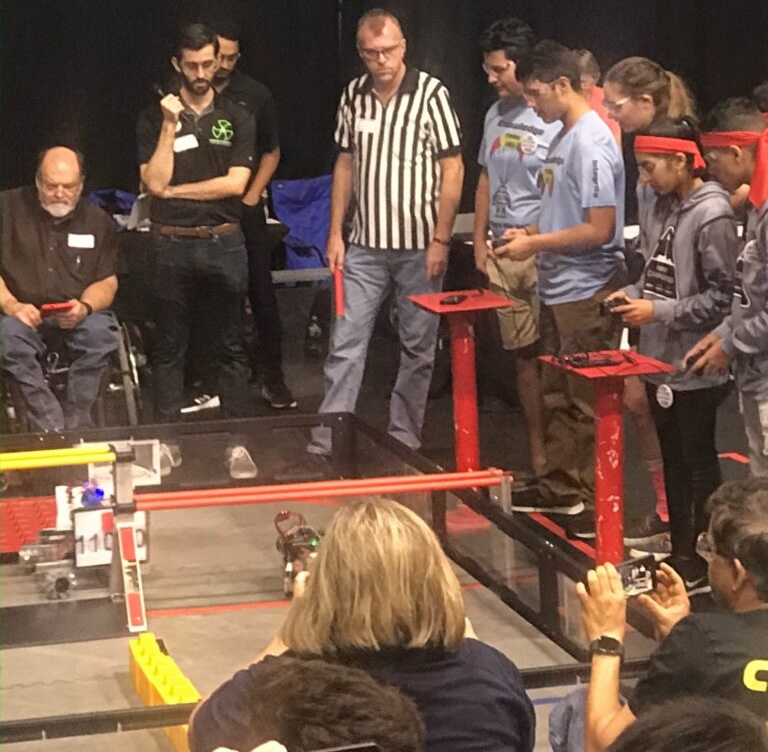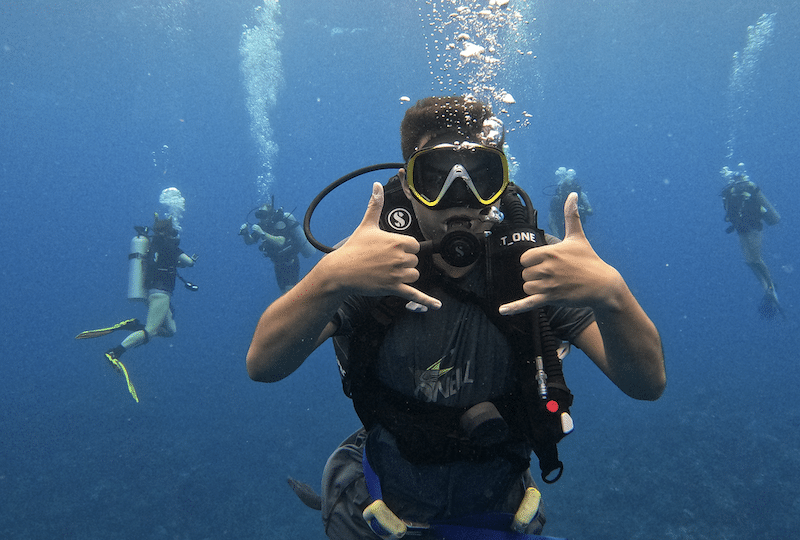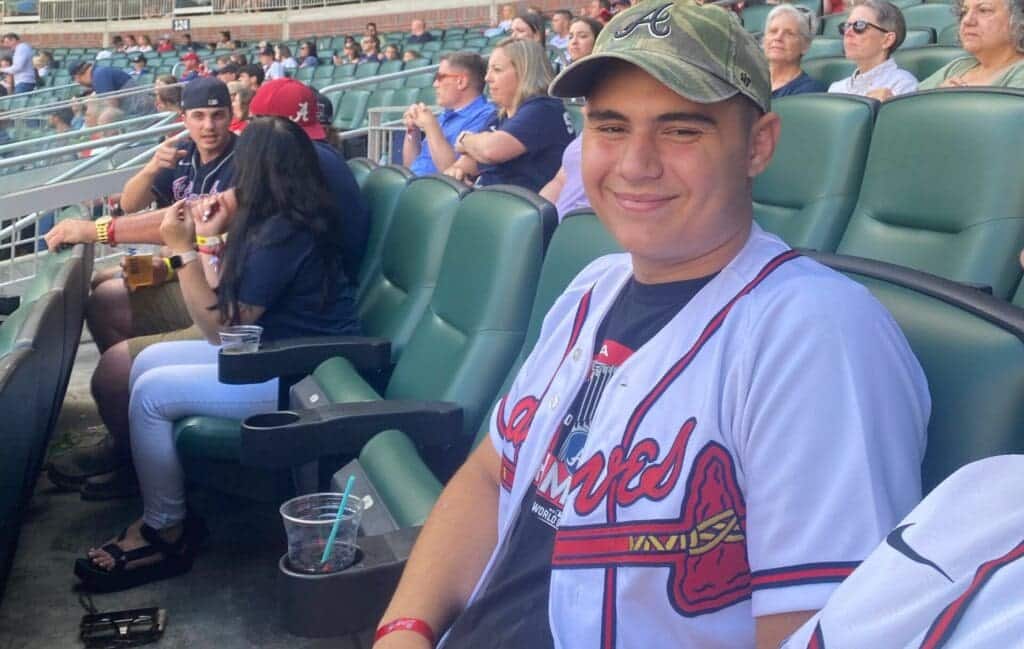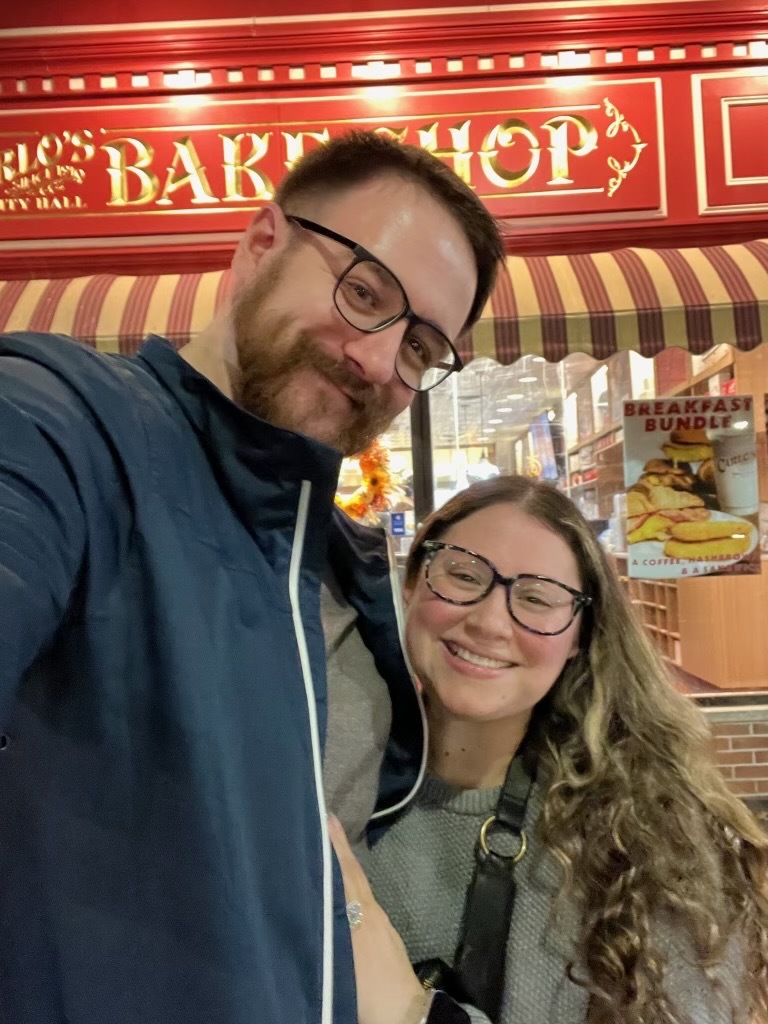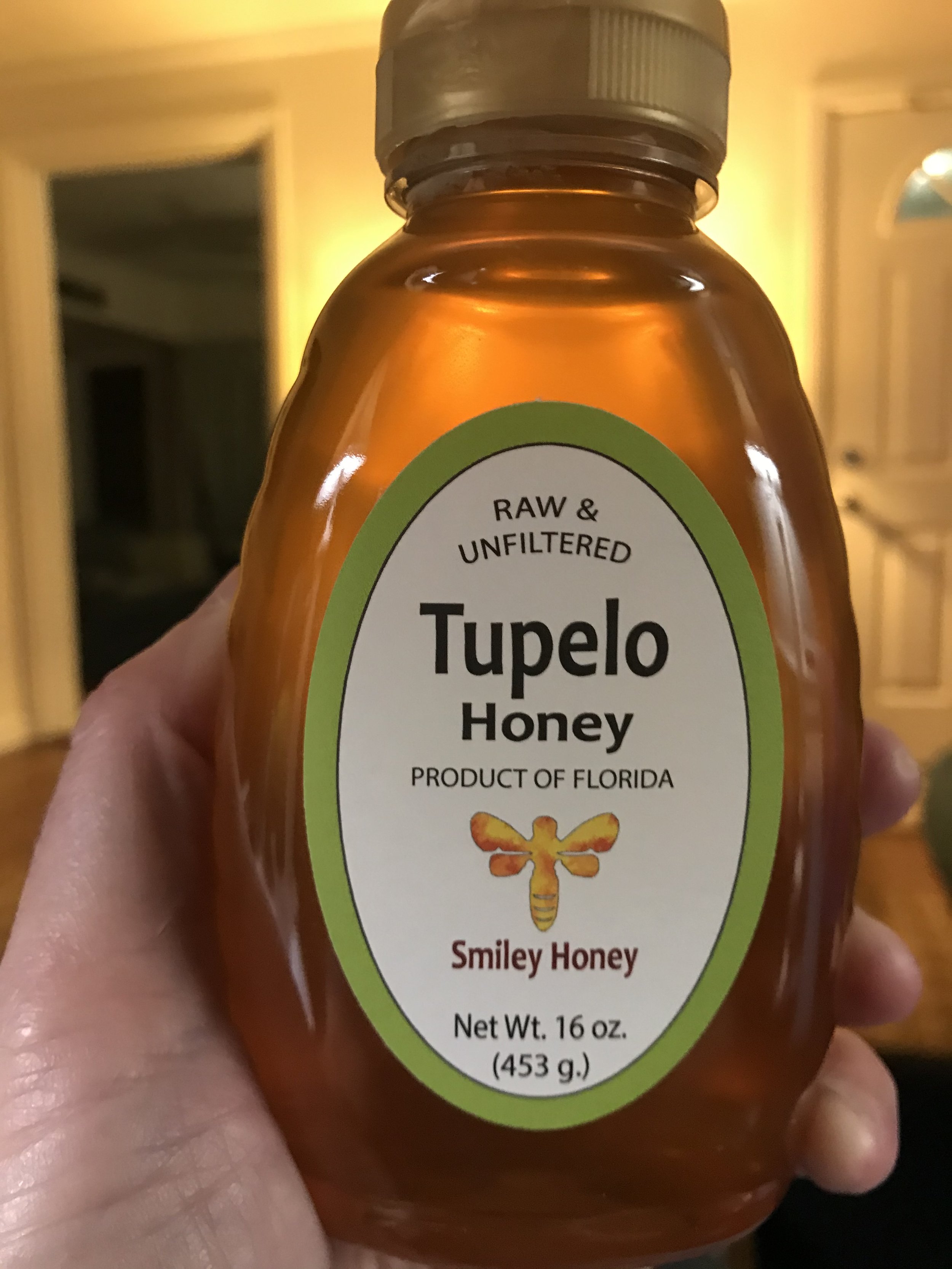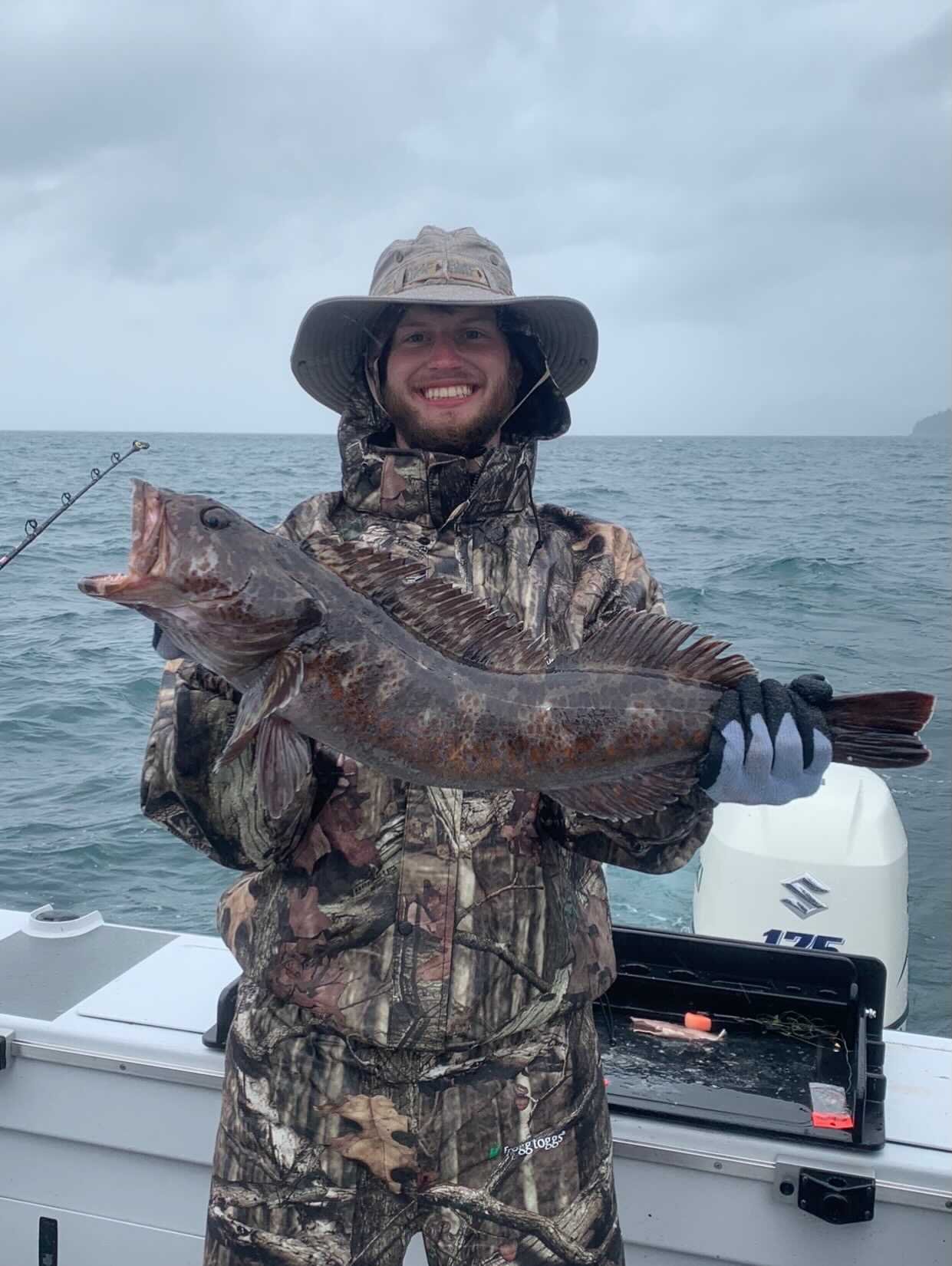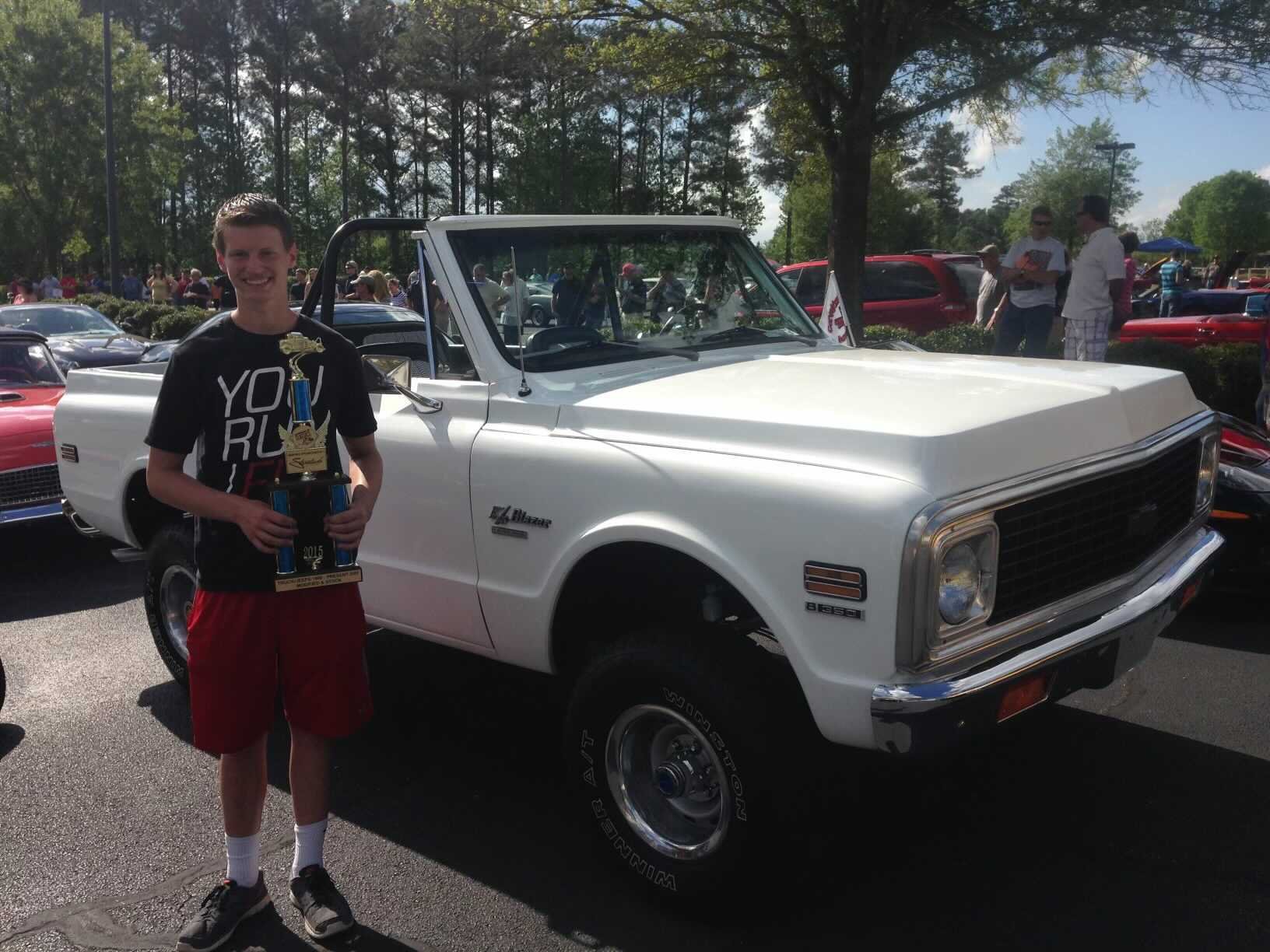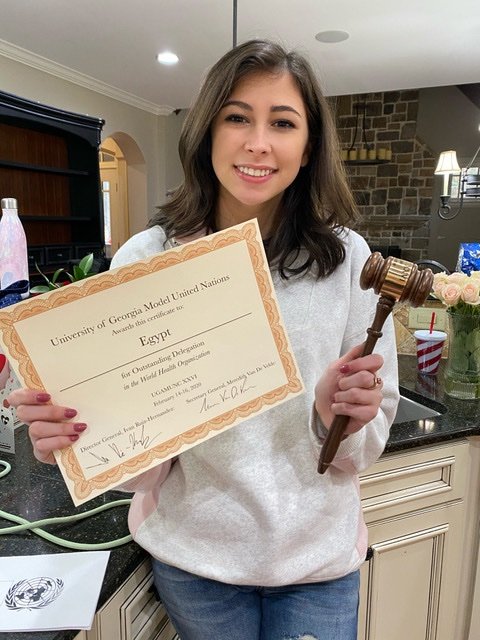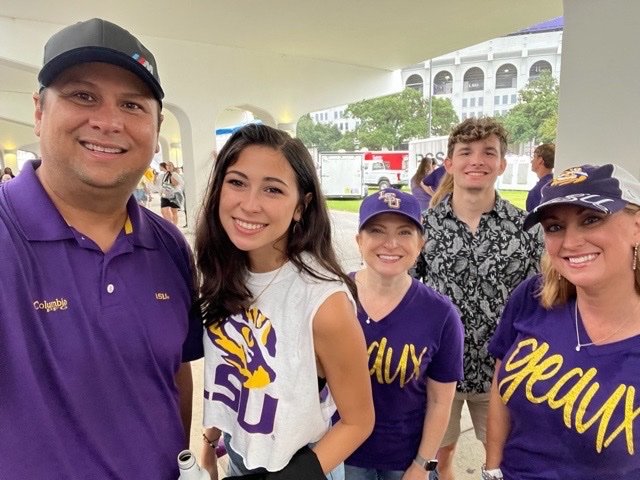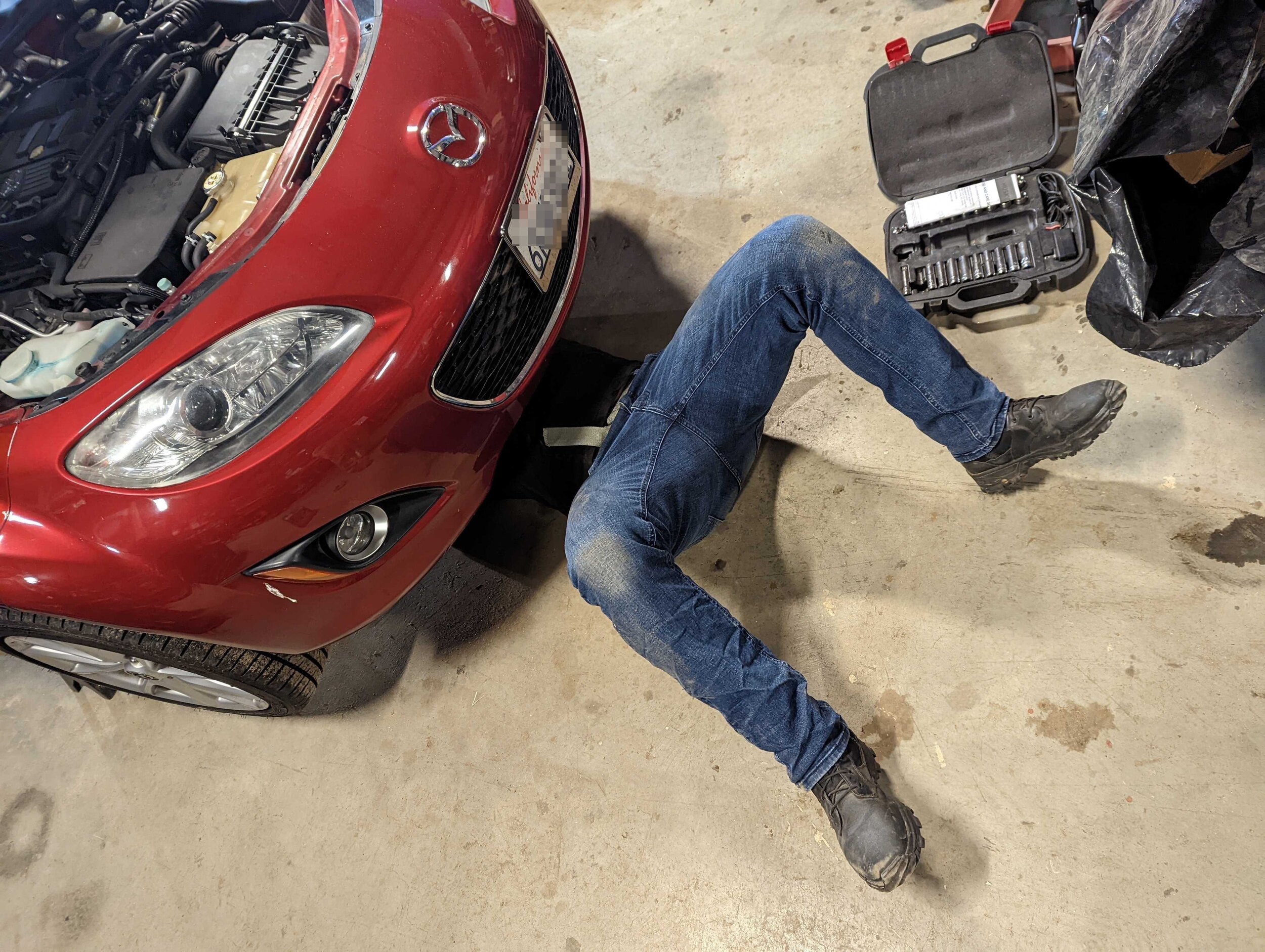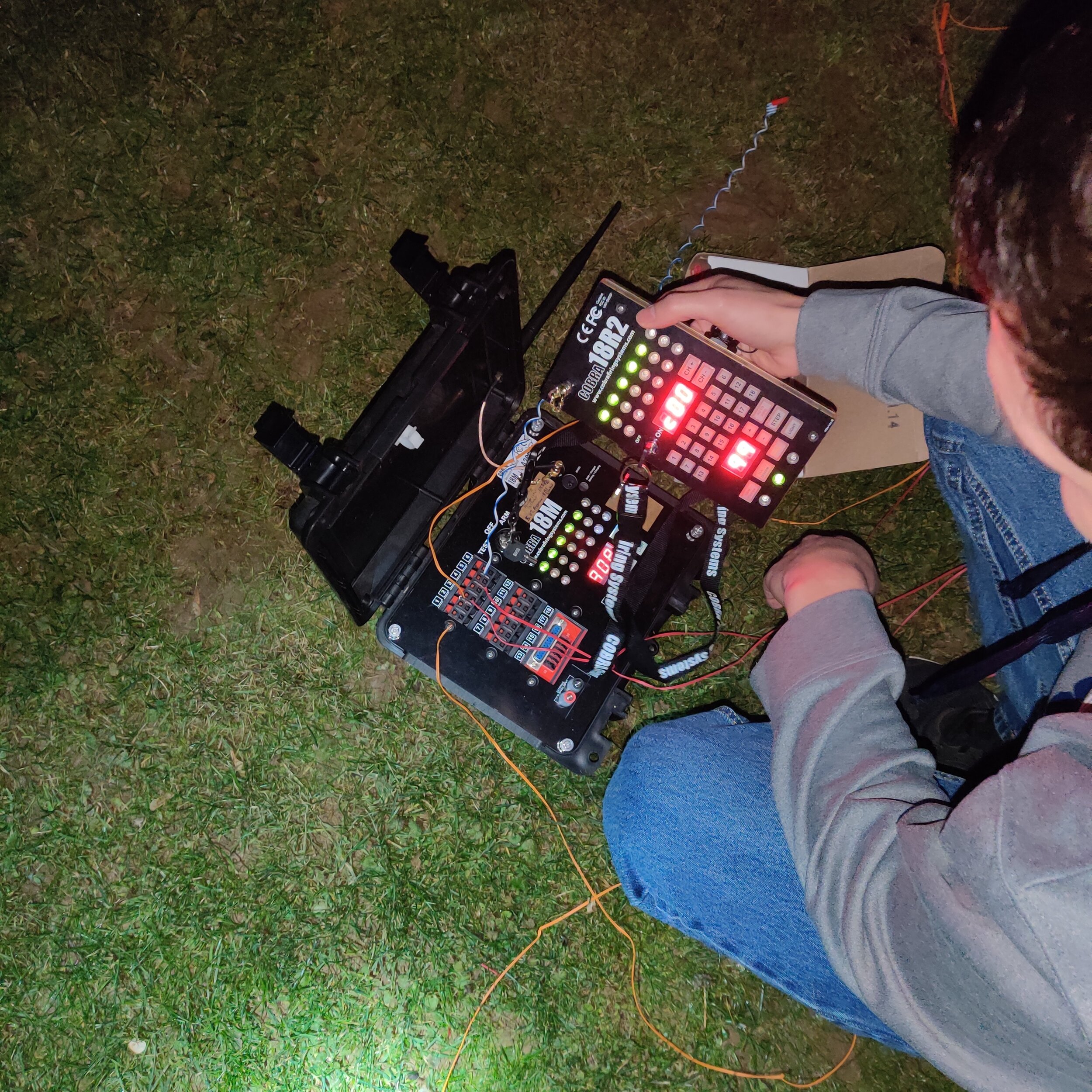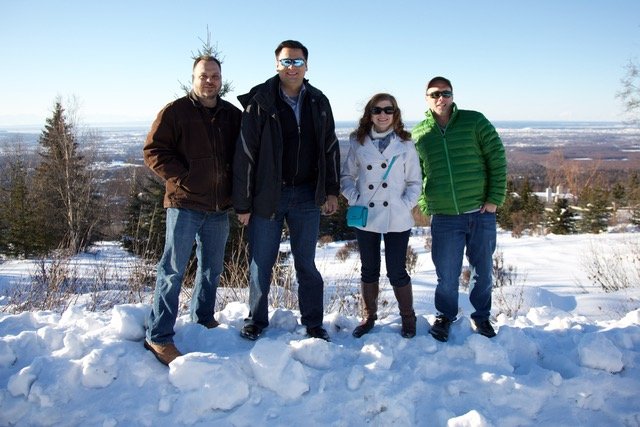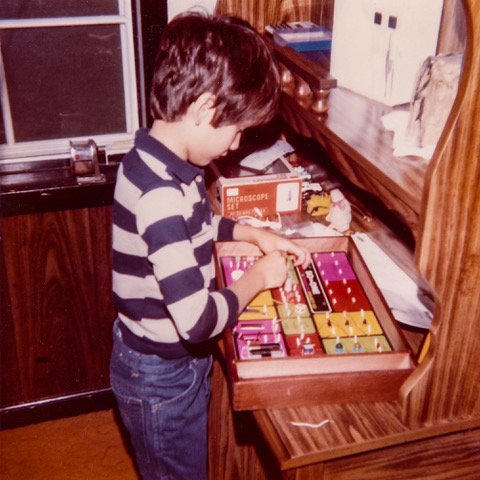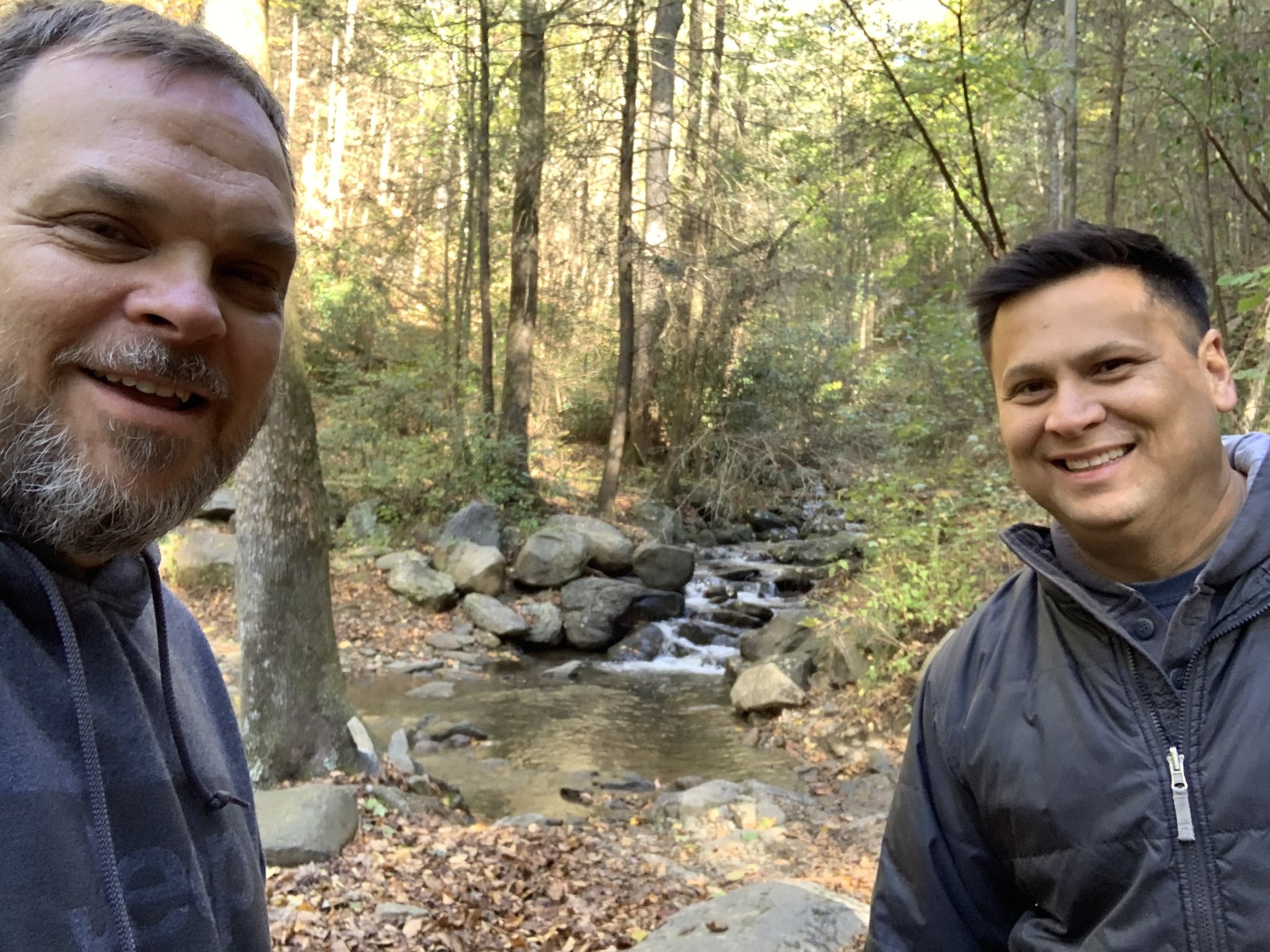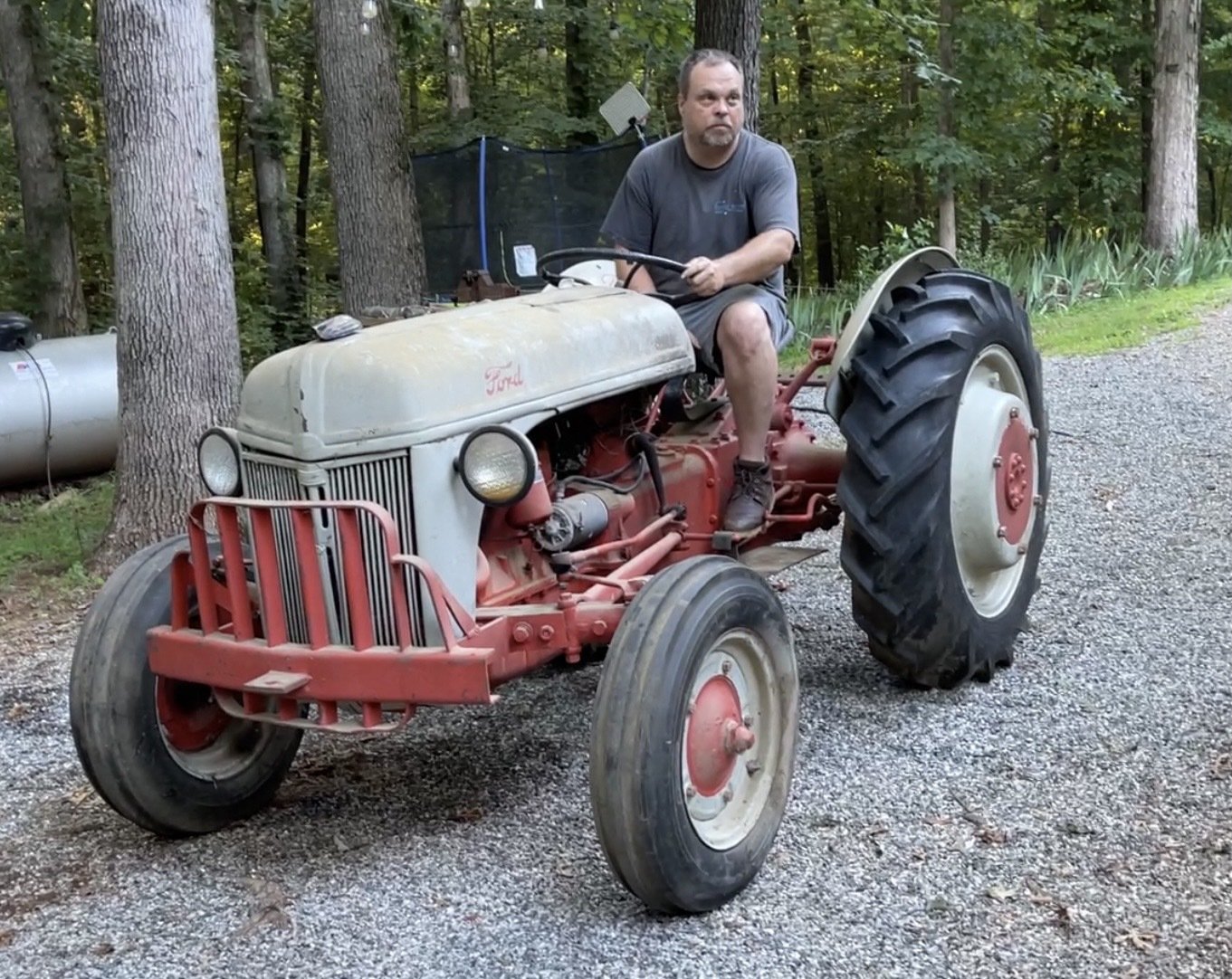I’m Caroline Kelly, and I’m a part of the growing Raxis sales team! If you reach out through the website, attend a conference we’re sponsoring, or call to talk about what testing options are a good fit, we may end up working together.
Bonnie: Tell me a little about your background? I know we both grew up in the Atlanta area.
Caroline: I grew up in Georgia as the oldest of three kids. We had a great time riding bikes around the neighborhood, swimming all summer, and spending time with cousins who lived nearby. I was a bookworm (still am!) and played a lot of softball and basketball.
Bonnie: Atlanta and a softball player – are you a Braves fan?
Caroline: Oh absolutely! I grew up going to games when they were losing most of them and cheered them on when they really took off! I’ve watched them in all three home fields in Atlanta. I still have a ball with Tom Glavin’s autograph displayed in my living room, and I even flew back to Atlanta for the last game at Turner Field with my family.
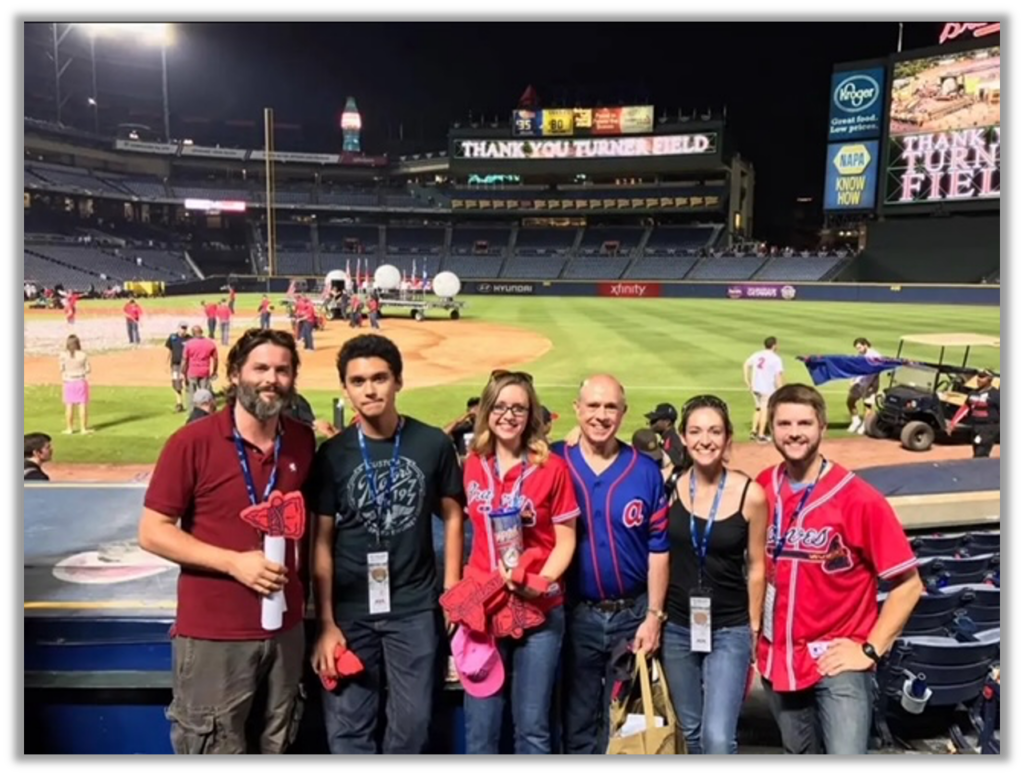
Bonnie: Awesome! So your love of softball & baseball started young! What came next?
Caroline: When I got to high school, they had a theatre program that I auditioned for, and I was hooked!
Bonnie: And that’s when you got into theatre?
Caroline: Yes, I performed in theatre groups all through high school, and I ended up majoring in theatre at Kennesaw State as well (hooty hoo!) & loved it! The storytelling aspect, the research into creating the stories based on history or legend – it’s so exciting and challenging.
Bonnie: That sounds so interesting! Would you tell me about your favorite show that you were a part of?
Caroline: Oh, so hard to choose! Well, there was a collection of myths that, when put together, told the stages of the Hero’s Journey, based on Joseph Campbell’s writings. That group of people really connected for me, and it’s still special to me.
Or maybe the Beowulf show we took to the Edinburgh Fringe Festival – I fell in love with Scotland!
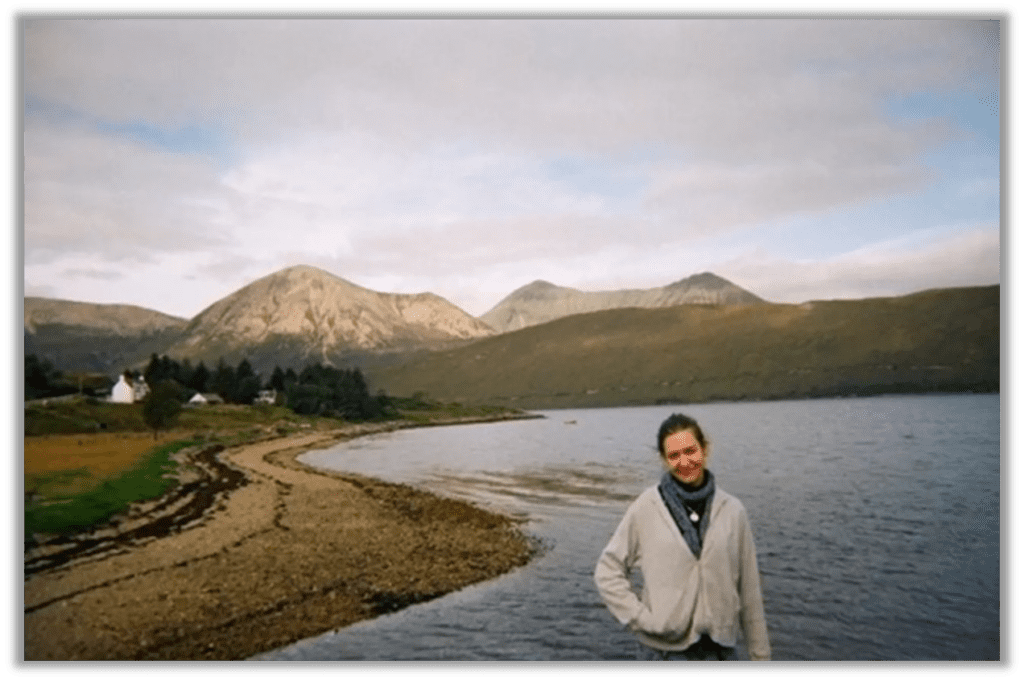
Bonnie: And now you work in tech. How did you make the leap from theatre to technology?
Caroline: I moved from Atlanta to Memphis to help open a Shakespeare company. Anyone who has worked on a start-up knows those first employees are head chef and bottle washers! So, I ended up running the box office, fundraising, updating the website, setting up Wi-Fi to process credit cards securely at off-site performances, and setting up a cloud-based system to keep our files secure and backed up.
After a few years I knew I wanted a family and would need a more regular schedule. A friend offered to teach me about VOIP systems. I got a job doing that, but that company was eventually bought by a network company, so I learned more about routing and switches as well as Wi-Fi design. Next I worked for an MSSP, so learned about packet tracing and securing a system beyond a firewall.
Bonnie: And that lead to penetration testing?
Caroline: Well, I was always drawn to the security aspect of things. It’s constantly changing, and that challenge, plus the stakes for businesses to understand the threats and defend themselves, intrigued me. I actually knew Raxis’ Brad Herring from my time at Kennesaw State, and we had stayed in touch. You may not know this, but I actually watched Raxis grow for years before interviewing!
Bonnie: Wait, so you knew about us before we knew about you?
Caroline: Haha, I guess so! After watching how you were growing selectively and knowing how Brad and the team treated your clients with such honesty and integrity, I knew I would jump at the chance to join Raxis if it ever came up.
Bonnie: And then you did!
Caroline: Right! I’m so glad it has worked out. Everyone has been great, and I have loved getting to know the other team members.
Bonnie: Do you think you’ll ever go back to theatre?
Caroline: No. Honestly telling the story of security is something I think I do well. Different industries have different risks and concerns, but at the end of the day everyone just wants to be safe to continue their business. I get to hear about companies dong incredible work, help Raxis be a part of keeping them secure, and still have dinner with my nine year old every night. Every day is a new challenge and something to learn, and I love that.
Bonnie: Ah, your son is nine now? He’s growing so fast!
Caroline: Yep, and I love being a “boy mom”!

Bonnie: That’s great! What kinds of things does a “boy mom” get to do?
Caroline: He plays sports too and loves to climb trees. We go see 901FC soccer games, and I’m trying to get him to help me in the garden – especially with the butterflies.
Bonnie: You have a butterfly garden? What does that look like?
Caroline: Yeah! We have some native passionflower that is the host plant for the orange Gulf Fritillary. I planted a butterfly bush and some lantana nearby for pollen. Last year we moved a bunch of caterpillars into a habitat so they wouldn’t get eaten by birds before they emerged. We release them once they can fly. We even sent six to my son’s classroom so they could watch the process.

Bonnie: That is so neat! I bet he is really enjoying that.
Caroline: He is, but gardening is mom stuff. He’s more interested in teaching me to play Fortnite and Roblox. I’m still pretty terrible at those, honestly, but I will totally play anytime he likes so I can enjoy bonding with him. We also watch anime and make homemade popcorn. That’s one of our best weekend nights! And now he wants to be a video game designer, so we’re figuring out those programs together.
Bonnie: Training a new little developer, huh?
Caroline: Right! I may have to call you for some help once he starts writing his own code though. And then of course we’ll need to test it!
